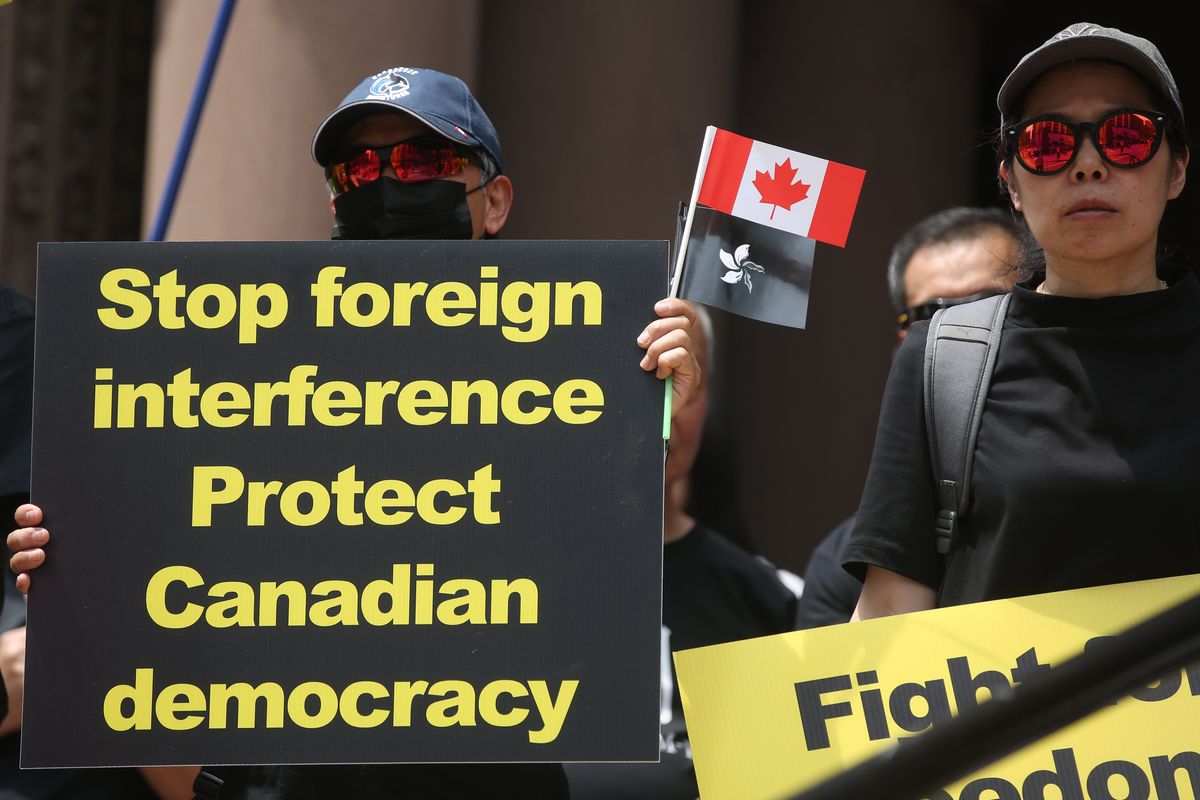Just last weekend, leaders of the Five Eyes intelligence network took to “60 Minutes,” warning that China was stealing technology secrets and suggesting that it was ramping up espionage and hacking efforts overseas.
The alleged spamouflage operation notably comes amid Canada’s inquiry into alleged foreign interference with its domestic affairs, which includes a look at Beijing. Relations between the two countries have been frosty this year thanks to accusations of Chinese meddling in Canada’s elections.
But Canada’s power imbalance with China over its disinformation campaigns is similar to its tense relationship with India following the assassination of Canadian citizen Hardeep Singh Nijjar. Unilateral retaliation would be purely symbolic and of limited value, and the state of play between China and the US precludes Ottawa from calling on its closest ally for support.
Chinese and US diplomats have been working for months to stabilize relations and set up a summit between President Xi Jinping and President Joe Biden in San Francisco in November — putting Canada’s concerns on ice for the time being.



















